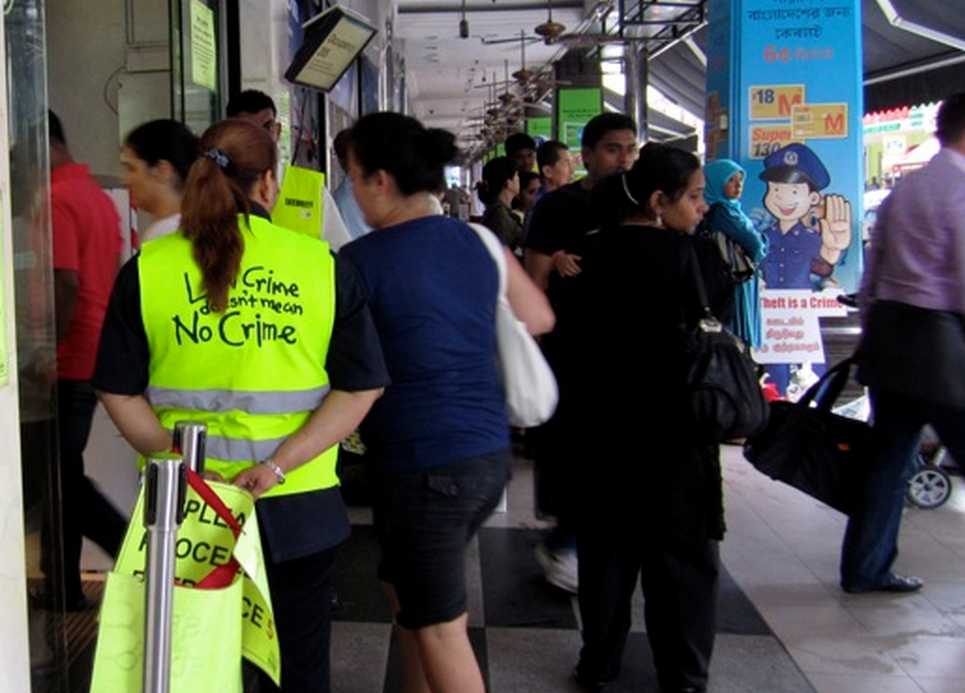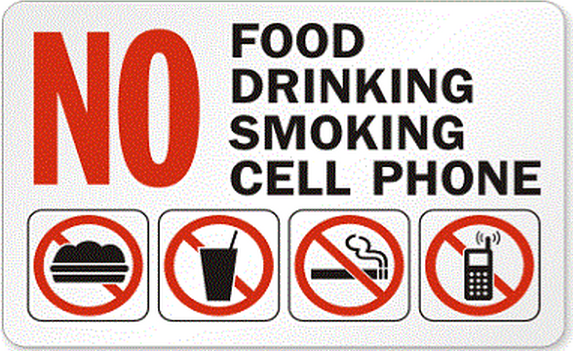
KNOWLEDGE BASE Anti - Corruption In Singapore
The information on this page was current at the time it was published. Regulations, trends, statistics, and other information are constantly changing. While we strive to update our Knowledge Base, we strongly suggest you use these pages as a general guide and be sure the verify any regulations, statistics, guidelines, or other information that are important to your efforts.
Corruption Controls in Singapore
Singapore is a 'Fine City'
Singapore is known around the world for its impeccable cleanliness and low crime rate. In fact, crime rates have been consistently so low, that several decades ago the authorities put out a public service announcement alerting people to the fact that, “Low crime doesn’t mean no crime” and that they should remain vigilent. But the city’s cleanliness and low crime rate come with another side - there are fines for many things that people from other countries would consider common practice. In fact, there are so many fines that the city has been dubbed the “Fine City”, both for how fine and clean it is, and for the many fines the country imposes.
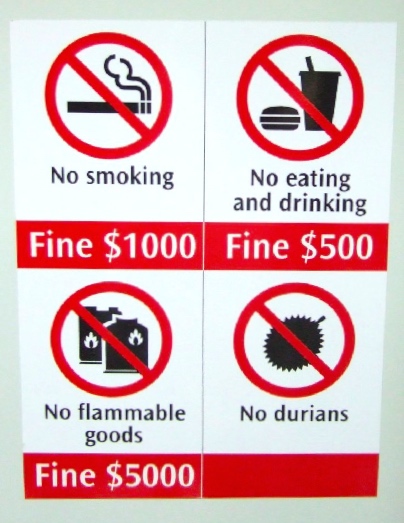
The Singapore government also has a very low (one could say non-existent) tolerance for corruption in both the public and private sectors, which is reflected in the way it conducts official business, it's anti-corruption stance, and in how it governs. Read on to learn more about low public sector corruption, the low tolerance for bribery, and the laws you should be aware of before you travel to or conduct business in Singapore.
Singapore has low perceived public sector corruption levels
Not surprisingly, according to Transparency International’s Corruption Perceptions Index 2022, perceived public sector corruption is very low in Singapore. Out of 180 countries, Singapore ranks 5th in terms of low perceived public corruption. The report looks at a number of areas where corruption can take place, from public procurement to sport.
These findings are in line with how the Singapore government conducts public business and in the Singapore strong position on anti-corruption. Of course, this same attitude transfers to the private sector as well.
Bribery and Corruption - Not How Business is Done in Singapore
Singapore has a government division called, "Corrupt Practices Investigation Bureau", and works rigorously to control bribery and corruption in its country. As for what this means to you, the positive side is that you will not have to contend with public sector corruption in Singapore as you set up and run your business. On the other side, it is important that you understand the Singapore anti-corruption legal framework in order to operate safely within it. You should know that any attempt at, or perception of, corruption or bribery will be investigated and strictly dealt with. Singapore courts mete out strict punishments and the government is committed to controlling corruption. In order to ensure that you comply with Singapore’s anti-corruption laws, be sure obtain the necessary information and legal guidance that you need. And finally, your own country’s laws may also apply to you, so be sure to understand them, as well.
The Globig Marketplace offers local legal resources to help you be sure you are following the subtleties of the laws within Singapore. There are many local law firms, as well as firms based in other countries (expat). Expat firms typically stick to advising clients on cross-border transactions or other matters governed by international law and there are many global expat firms from which to choose. If you are in doubt on any legal requirements, we recommend you contact an appropriate law firm. The Globig Marketplace provides a list of vetted firms, both local and global.
Vandalism? Illicit Drugs? Restrictions on Public Transportations? Know Before You Go!
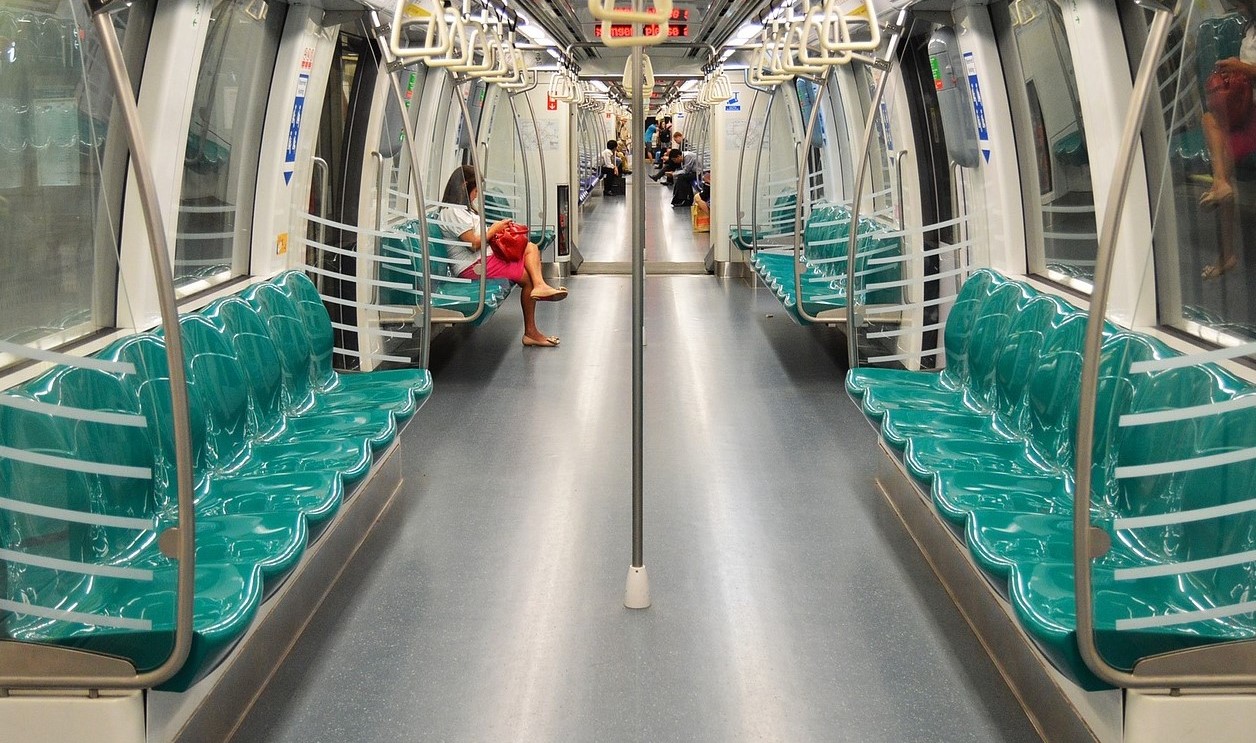
Look closely at the picture above. Do you notice how incredibly sparkling clean this public transportation in Singapore is? And it's not because it's brand new. It's clean because of public policy.
While Singapore enjoys a very clean and orderly society, this is in part due to the strict enforcement of certain governmental policies. Customs and laws around etiquette are taken very seriously in Singapore. In fact, to ensure safety and order in the state, the government has prohibited various activities in the interest of public good. And simply having a US passport will not exempt you from being held responsible if you break their laws.
If you don’t want to pay a heavy fine or even spend time in jail in Singapore, avoid the following:
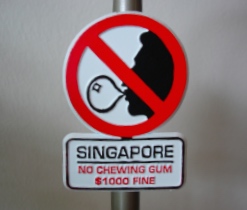
-
Chewing gum - in fact, it's also illegal to bring gum into Singapore, so get your gum fix before you go.
-
Drinking any liquids on public transportation - don't even pull out a water bottle!
-
Spitting - you could be fined hundreds of dollars for spitting on the street in Singapore. And it's a nasty habit.
-
Taking drugs - keep in mind that this is particularly serious. It is enough to carry even a small amount of specific drugs in Singapore to face the death penalty. Singapore police are authorized to conduct random drug testing of both locals and foreign visitors and will not distinguish where you may have taken drugs. Make sure any substances are out of your system before you go to Singapore.
-
Using a mobile device while driving - never a good idea no matter where you are.
-
Jaywalking - make sure you use marked pedestrian lanes before you cross the street.
-
Littering - first time offenders dropping small things such as candy wrappers or cigarette butts in Singapore are fined $300. Throw out a bottle or can and you'll be making a court appearance. And the punishment will likely include a Corrective Work Order (CWO), which includes cleaning up a specified area. And just in case you might hope to remain inconspicuous, the CWO entails wearing a luminous green vest.
-
Vandalism - damaging, destroying, or stealing public or private property in Singapore will result in a fine, jail time, and 3 to 8 strokes of the cane. (See the alert below for more information on vandalism.)
-
Smoking indoors - the smoking ban in Singapore covers many areas, including where people congregate, indoor spaces that are not air conditioned, pedestrian overhead bridges and covered walkways, and within 5 meters of bus shelters. Look for "no smoking" signs before you light up.
-
Drinking and driving - also never a good idea.
-
Public drunkenness - public drunkenness in Singapore often leads to the behaviors that will get you in trouble, including urinating in elevators or failing to flush the toilet, both of which carry fines (not to mention embarrassment).
-
Dancing on counters or tables at a bar - see the previous bullet point.
![]()
Be sure you understand Singapore's rules around vandalism. There is a possible caning panalty for vandalism offenses. This applies to writing on public property as well as hanging banners, flags, pamphlets, or displaying anything on existing public property. According to the U.S. Department of State, these penalties will be applied to foreign nationals, including U.S. citizens. Fines can include up to $2,000, between 3 to 8 strokes of the cane and up to three years in prison. Women, men over 50, and those with health conditions are exempt from caning.

Transparency International site and its 2022 findings
Singapore Government's Corrupt Practices Investigation Bureau
For additional facts on Singapore and its government
![]()
If you are seeking legal assistance in Singapore, Globig offers Legal Resources in the Globig Marketplace
KNOWLEDGE BASE Anti - Corruption In Singapore


